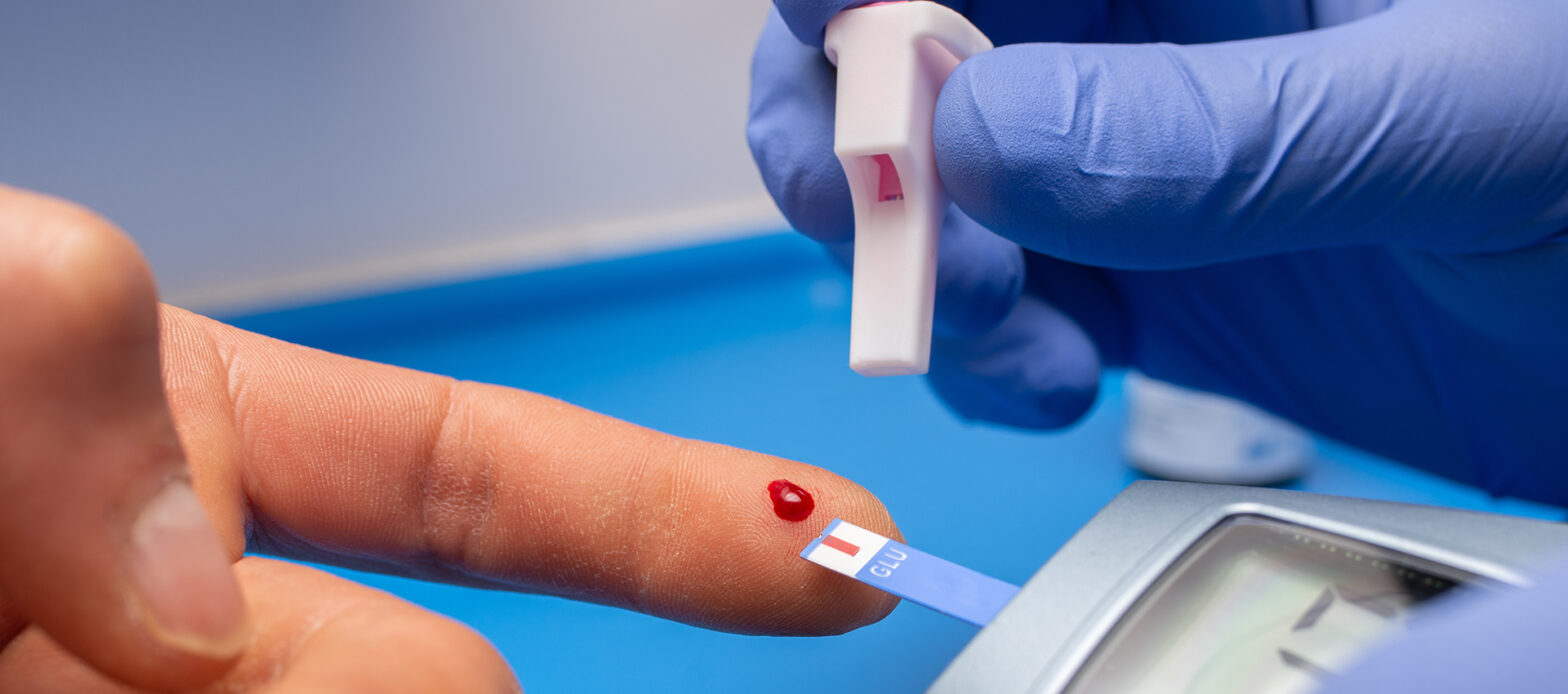
Diabetes management has witnessed a significant transformation over the past decade, thanks to rapid advancements in technology. These innovations have not only improved the accuracy of monitoring and treatment but have also empowered patients with better tools for self-care, ultimately leading to improved quality of life. Let’s explore some of the recent technological breakthroughs that are shaping the future of diabetes management.
Continuous Glucose Monitoring (CGM) systems have revolutionized how patients with diabetes track their glucose levels. Unlike traditional blood glucose meters that require finger-pricking, CGM devices provide real-time data by measuring glucose levels in the interstitial fluid through a sensor placed under the skin. This constant monitoring allows for better management of glucose levels, reducing the risk of hypoglycemia and hyperglycemia.
Recent advancements in CGM technology have led to the development of smaller, more discreet sensors that can be worn for extended periods, often up to two weeks. These devices are now more accurate and reliable, providing users with detailed insights into their glucose trends and enabling them to make informed decisions about their diet, exercise, and insulin dosage. Some CGM systems are also integrated with smartphones, allowing patients to monitor their glucose levels on the go and share data with healthcare providers in real-time.
Insulin pumps have been a game-changer for many people with diabetes, offering a more flexible and precise way to manage insulin delivery. These devices deliver a continuous supply of insulin through a catheter placed under the skin, mimicking the body’s natural insulin release. Recent advancements have made insulin pumps more user-friendly, with touchscreens, wireless connectivity, and customizable insulin delivery options.
One of the most exciting developments in this field is the advent of automated insulin delivery systems, also known as artificial pancreas systems. These systems combine CGM technology with an insulin pump, using algorithms to automatically adjust insulin delivery based on real-time glucose readings. This closed-loop system significantly reduces the burden of constant monitoring and manual insulin adjustments, providing more stable glucose control and improving overall health outcomes.
Smart insulin pens are another innovative tool that is making diabetes management easier and more precise. These devices look like traditional insulin pens but are equipped with Bluetooth technology to track insulin doses and timing. The data is then synced with a smartphone app, allowing users to monitor their insulin usage, avoid missed doses, and prevent over- or under-dosing.
Some smart pens can also integrate with CGM systems, providing a comprehensive overview of a patient’s glucose levels and insulin administration. This integration helps patients and healthcare providers make data-driven decisions to optimize diabetes management.
The COVID-19 pandemic accelerated the adoption of telemedicine, and it has become a crucial component of diabetes care. Through telemedicine, patients can consult with their healthcare providers from the comfort of their homes, reducing the need for frequent clinic visits. This is especially beneficial for individuals with diabetes who require regular monitoring and adjustments to their treatment plans.
Remote monitoring devices, such as CGMs and smart insulin pens, further enhance telemedicine by allowing healthcare providers to access real-time data on a patient’s glucose levels and insulin usage. This continuous flow of information enables more proactive and personalized care, leading to better diabetes management outcomes.
Mobile apps and digital health platforms are empowering patients with diabetes to take control of their condition. These apps offer a range of features, including glucose tracking, carb counting, medication reminders, and educational resources. Many of these platforms also provide personalized coaching and support, helping patients stay motivated and on track with their diabetes management goals.
As technology continues to evolve, the integration of artificial intelligence (AI) and machine learning into these platforms holds promise for even more personalized and predictive diabetes care. AI algorithms can analyse large datasets to identify patterns and trends, offering insights that can lead to more effective treatment strategies.
The recent advances in technology for diabetes management are paving the way for a future where managing diabetes is more convenient, accurate, and personalized. At OxyMed, we are committed to staying at the forefront of these innovations, ensuring that our clients have access to the latest tools and technologies to lead healthier, more fulfilling lives. As technology continues to evolve, so too will the possibilities for improved diabetes care, bringing us closer to the goal of better health outcomes for all.